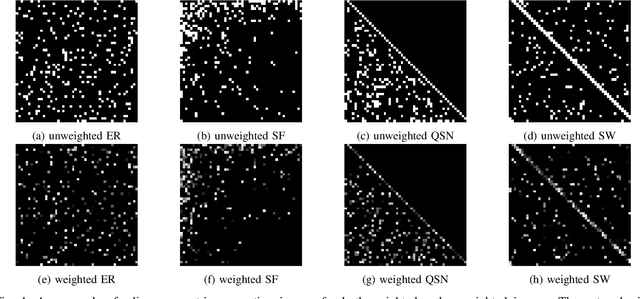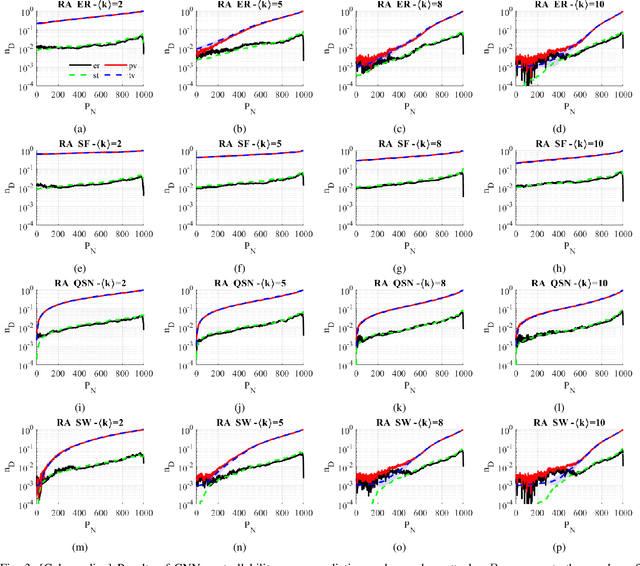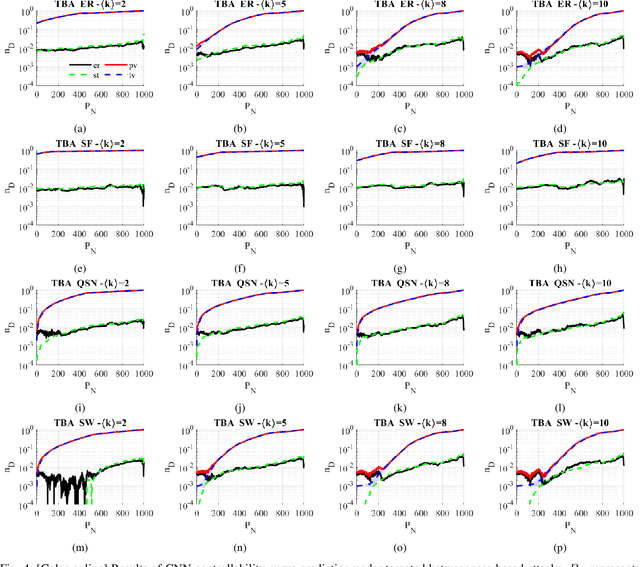Yaodong He
Black Box Algorithm Selection by Convolutional Neural Network
Dec 22, 2019



Abstract:Although a large number of optimization algorithms have been proposed for black box optimization problems, the no free lunch theorems inform us that no algorithm can beat others on all types of problems. Different types of optimization problems need different optimization algorithms. To deal with this issue, researchers propose algorithm selection to suggest the best optimization algorithm from the algorithm set for a given unknown optimization problem. Usually, algorithm selection is treated as a classification or regression task. Deep learning, which has been shown to perform well on various classification and regression tasks, is applied to the algorithm selection problem in this paper. Our deep learning architecture is based on convolutional neural network and follows the main architecture of visual geometry group. This architecture has been applied to many different types of 2-D data. Moreover, we also propose a novel method to extract landscape information from the optimization problems and save the information as 2-D images. In the experimental section, we conduct three experiments to investigate the classification and optimization capability of our approach on the BBOB functions. The results indicate that our new approach can effectively solve the algorithm selection problem.
Predicting Network Controllability Robustness: A Convolutional Neural Network Approach
Aug 26, 2019



Abstract:Network controllability measures how well a networked system can be controlled to a target state, and its robustness reflects how well the system can maintain the controllability against malicious attacks by means of node-removals or edge-removals. The measure of network controllability is quantified by the number of external control inputs needed to recover or to retain the controllability after the occurrence of an unexpected attack. The measure of the network controllability robustness, on the other hand, is quantified by a sequence of values that record the remaining controllability of the network after a sequence of attacks. Traditionally, the controllability robustness is determined by attack simulations, which is computationally time consuming. In this paper, a method to predict the controllability robustness based on machine learning using a convolutional neural network is proposed, motivated by the observations that 1) there is no clear correlation between the topological features and the controllability robustness of a general network, 2) the adjacency matrix of a network can be regarded as a gray-scale image, and 3) the convolutional neural network technique has proved successful in image processing without human intervention. Under the new framework, a fairly large number of training data generated by simulations are used to train a convolutional neural network for predicting the controllability robustness according to the input network-adjacency matrices, without performing conventional attack simulations. Extensive experimental studies were carried out, which demonstrate that the proposed framework for predicting controllability robustness of different network configurations is accurate and reliable with very low overheads.
Composing photomosaic images using clustering based evolutionary programming
Apr 09, 2018



Abstract:Photomosaic images are a type of images consisting of various tiny images. A complete form can be seen clearly by viewing it from a long distance. Small tiny images which replace blocks of the original image can be seen clearly by viewing it from a short distance. In the past, many algorithms have been proposed trying to automatically compose photomosaic images. Most of these algorithms are designed with greedy algorithms to match the blocks with the tiny images. To obtain a better visual sense and satisfy some commercial requirements, a constraint that a tiny image should not be repeatedly used many times is usually added. With the constraint, the photomosaic problem becomes a combinatorial optimization problem. Evolutionary algorithms imitating the process of natural selection are popular and powerful in combinatorial optimization problems. However, little work has been done on applying evolutionary algorithms to photomosaic problem. In this paper, we present an algorithm called clustering based evolutionary programming to deal with the problem. We give prior knowledge to the optimization algorithm which makes the optimization process converges faster. In our experiment, the proposed algorithm is compared with the state of the art algorithms and software. The results indicate that our algorithm performs the best.
 Add to Chrome
Add to Chrome Add to Firefox
Add to Firefox Add to Edge
Add to Edge